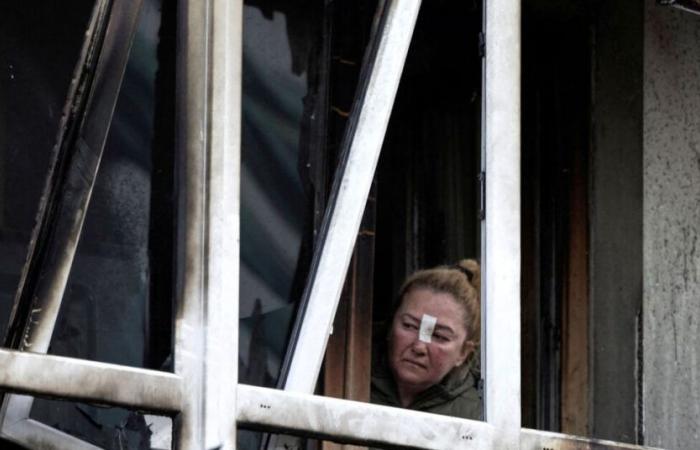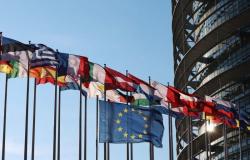“War, from the point of view of those who experience it, is measured in days. Every morning, we rush to our phone to see which city has been bombed, to get news from our loved ones, to check if we have received a mobilization order. When you live day to day, it is very difficult to plan a vacation, a trip, to imagine the moment when you will be able to breathe normally again. At the start of the conflict, Volodymyr Zelensky had mentioned “one day without end”. We are at the thousandth mark.
➤ You are currently reading the Letter from the Editorial Board of Philosophy magazine. To receive it directly in your inbox, subscribe! This newsletter is daily and free.
Russia's massive invasion of Ukraine will reach its thousand and one nights. But we are not in an oriental tale. If we compare it to the First World War, today we would be in April 1917 (date of the United States' entry into the war). Compared to the second, in May 1942, when a turning point was announced in favor of the Allies. In 2024, there is no good news on the agenda. On the contrary, the stars seem to be aligning to draw a cannon aimed at Ukraine. Donald Trump will perhaps freeze the conflict to the detriment of the attacked country. The German chancellor calls out the aggressor, as if one could negotiate with a guilty party. The Russians are advancing, terrorizing civilians everywhere and bombing what remains of the electrical infrastructure. As for authorization given by Joe Biden to use American missiles to strike Russian territory, it is late and purely defensive: it will not fundamentally change the current dynamic.
I just spent two weeks in Ukraine, from the west, which buries its volunteer volunteers every day, to the east, which suffers martyrdom. My interlocutors told me about a marathon that they do not have the right to abandon under penalty of disappearing, of disappointment with the West, of loneliness, of rage. They are said to be tired. Are they? And if they manage to hold on, what convictions drive them? I will tell you more soon about what they answered me. In the meantime, I thought of our philosophers who, too, have endured limitless conflicts. I read a text that Henri Bergson was written, not on the thousandth but on the hundredth day of the First World War. He struck me with his confidence, which is not only due to a patriotic feeling, but to an analysis of the forces present. Bergson compares “the strength that wears out and that which does not” (Philosophical writingsPUF, p. 439). He asserts on this basis that “the outcome is not in doubt: Germany will succumb”while its material power is greater than that of France. Like Russia today. Now, Bergson continues, if Germany has money, “her credit is declining, and we don’t see where she could borrow”. Moreover, just like Russia again, “war, as it is practiced, causes a frightful consumption of men”. France, by contrast, “reinforces its armies with everything its allies bring to it [et] can count, because its cause is that of humanity itself, on the increasingly active sympathy of the civilized world”.
But the decisive factor, according to Bergson, is “moral energy”, Who “is only supported by some ideal superior to them, stronger than them, to which they cling firmly when they feel their courage wavering”. Germany at the time, for its part, only knew “the cult of brute force”, “his moral strength is only the confidence that his material strength inspires in him”. We could obviously qualify, compare, remember that Russia has found allies, and that its leader seeks to inspire in him a troubled messianic impulse. What Bergson writes about the French state of mind nevertheless beats in the hearts of the vast majority of Ukrainians: “The energy of our soldiers is suspended on something that does not wear out, on an ideal of justice and freedom. Time has no hold on us.” Nor does it seem to exhaust Ukrainians, even after a thousand days of suffering. The people I met are very aware of the fact that their fight for liberation from the former Russian empire is likely to last a very long time. But they also know, when they compare the dark Russian revanchism to their unshakable national idea, that, as Bergson concludes, “this will kill that”. Let us only hope, this understood, that this gives us, too, the strength to admire them and above all to support them. »






